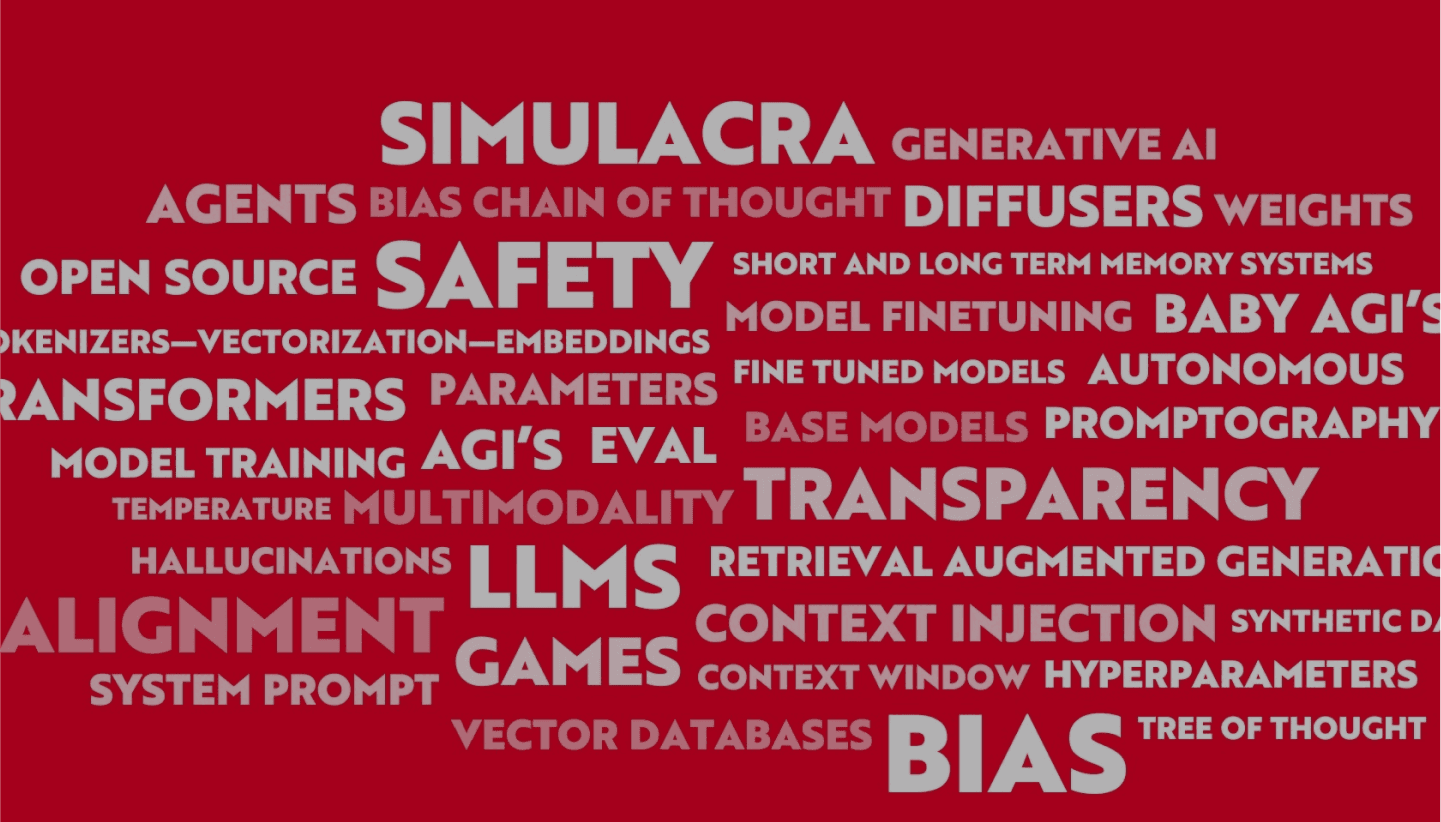
TensorFlow
What is TensorFlow?
TensorFlow is an open-source software library developed by Google for numerical computation and large-scale machine learning. TensorFlow bundles together a slew of machine learning and deep learning models and algorithms and makes them useful by way of a common metaphor. It uses Python to provide a convenient front-end API for building applications with the framework, while executing those applications in high-performance C++.
How is TensorFlow used in AI?
TensorFlow provides primitives for defining functions on tensors and automatically computing their derivatives. This makes TensorFlow an ideal environment for implementing neural networks and other machine learning algorithms. It has been widely adopted in the field of AI research and development due to its flexibility and adaptability.
TensorFlow also supports a wide range of tasks and model types, including neural networks, convolutional neural networks (CNNs), and recurrent neural networks (RNNs), making it versatile for a variety of use cases.
What are the advantages of TensorFlow?
TensorFlow offers multiple levels of abstraction so you can choose the right one for your needs. You can build and train models using the high-level Keras API, or you can use lower-level APIs to write custom models and training loops. TensorFlow also allows you to deploy computation to one or more CPUs or GPUs in a desktop, server, or mobile device without rewriting code. Furthermore, TensorFlow includes TensorBoard, a data visualization toolkit.

